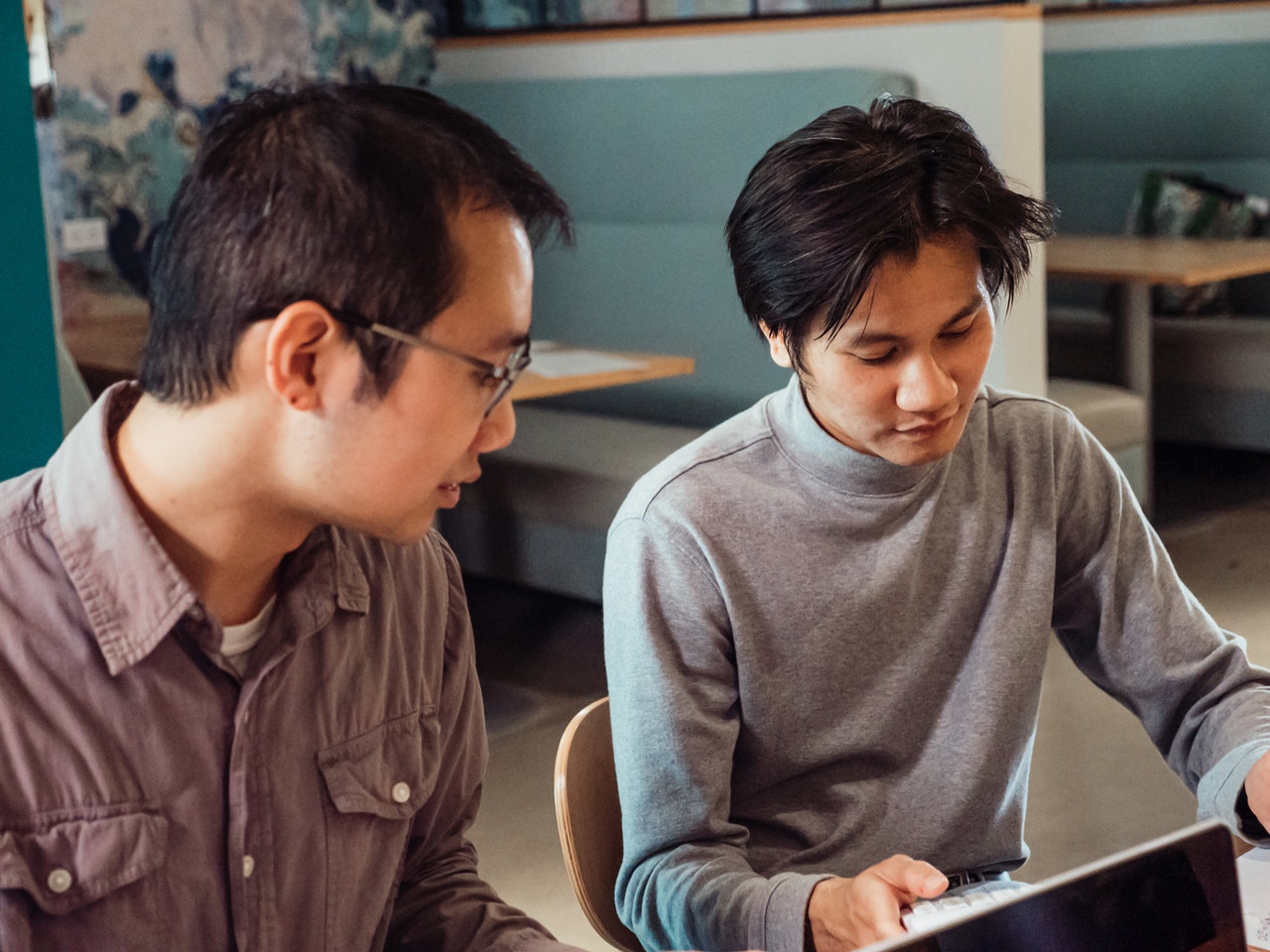
The Part 1 of this User Research Cheat sheet Series covered the User research methods UX Research Cheat Sheet – A Series.
As a refresher, cheatsheets address a need to make a quick reference and reinforce your understanding about a topic. Therefore Cheat sheets become a handy reference to also give that much needed bit-size refresher on the topic close to your heart – of course, user research! It is also useful when a new researcher comes on board and you want to share your practice. Yes, this is what we wrote in Cheatsheet 1 article as well 🙂
This is the Part 2 of the UX Research Cheatsheet covering User Interviews. In Part 3, we intend to cover Unmoderated remote usability testing. So continue to watch this space!
In a User Interview, it’s of paramount importance to ask the right questions. As they say, ‘You get what you ask’! Since the time during an interview is limited and usually so much to cover, asking all possible questions is not the option at hand of the researcher. So which questions to ask and which to skip is as important as how to ask a question to uncover the insights accurately.
A. Before User Interview
This phase is where all the groundwork for the research happens. The deliverables which are created as part of this phase are:
B. During User Interview
Whether the interviews in questions are for exploratory or evaluative research, the skill of asking the right questions comes into practice here. Researchers have their brain-fade moments too or sometimes the participant may be a difficult one.
1. Questions types
i). Warm up question – most important of all to get the participant speaking and also get comfortable e.g. Do you like Tea or Coffee?
ii) Open questions for starting the discovery
iii) Task driven questions
iv) Recall a past experience
v) Opinions and attitudes
vi) Probing questions
vii) Ending questions
2. Debriefing meeting with Noe-takers, Observers and key stakeholders – helps to analyze what went well during the session. What can be improved, focussed on, etc.
3. Preparation and distribution of topline summary – this keeps the stakeholders informed of findings so far and helps in making some initial project / product decisions
4. Updating of Research Schedule – there may have been dropouts, changes in participants’ availability, etc.
There will always be some questions from stakeholders which are triggered during the interview. So a Researcher in the role of moderator needs to look out for those questions and try to include them in the interview if the time permits.
For open questions, try to be as broad as possible and remember there is always more than you can see.
C. After User Interview
This is the phase when the analysis and synthesis of findings happen to derive useful nuggets of insights. To read about what makes an insight, we have written an article Insights – Above the noise
In summary, this is covered after the user interviews
As stated earlier in the article, this is the second of the series of Cheatsheets for User researchers. Throughout the year, we’d continue to develop more cheat sheets and infographics for User researchers and we hope this would come handy in your work.